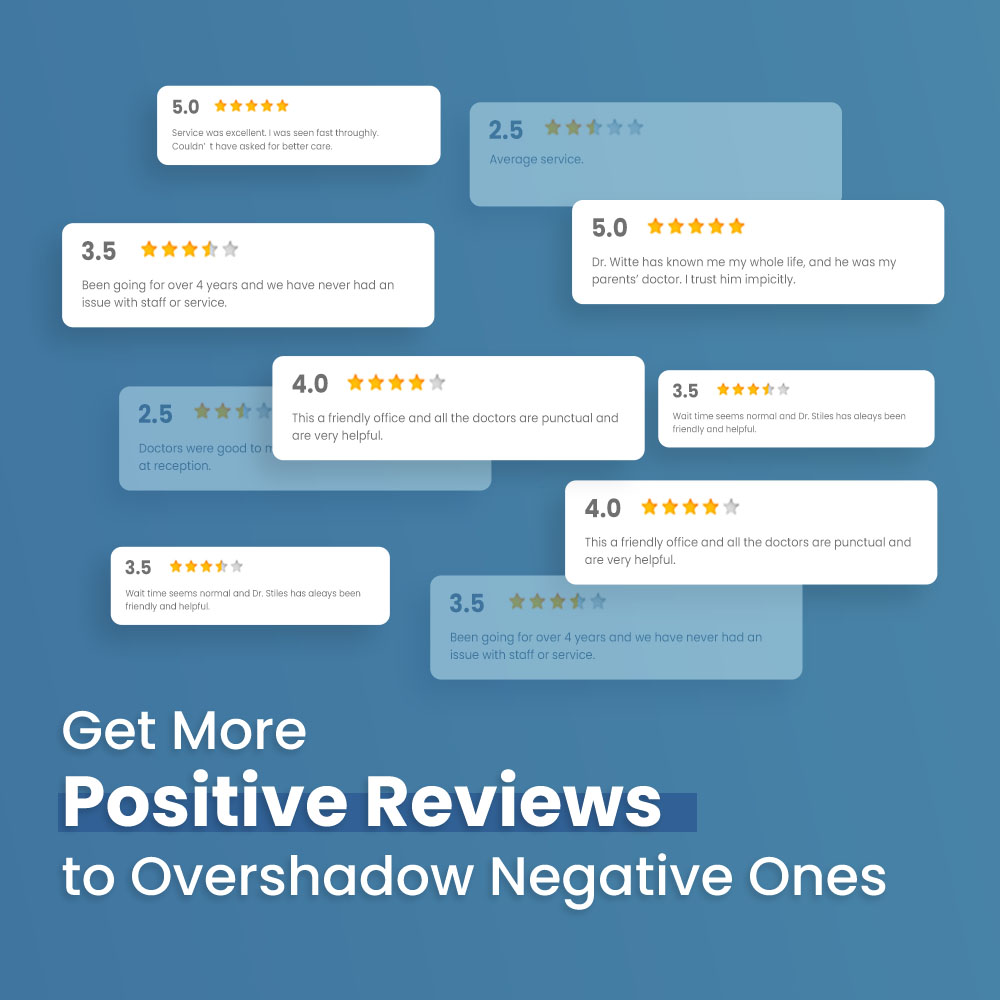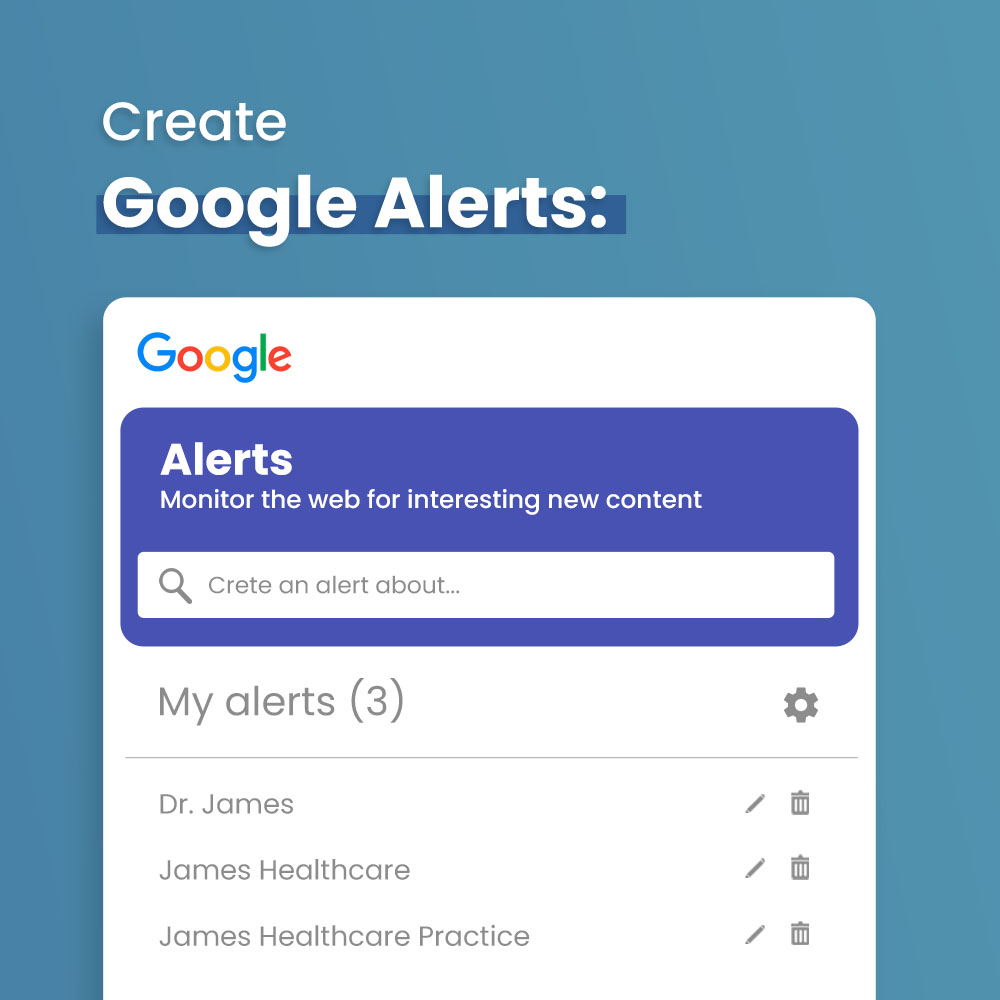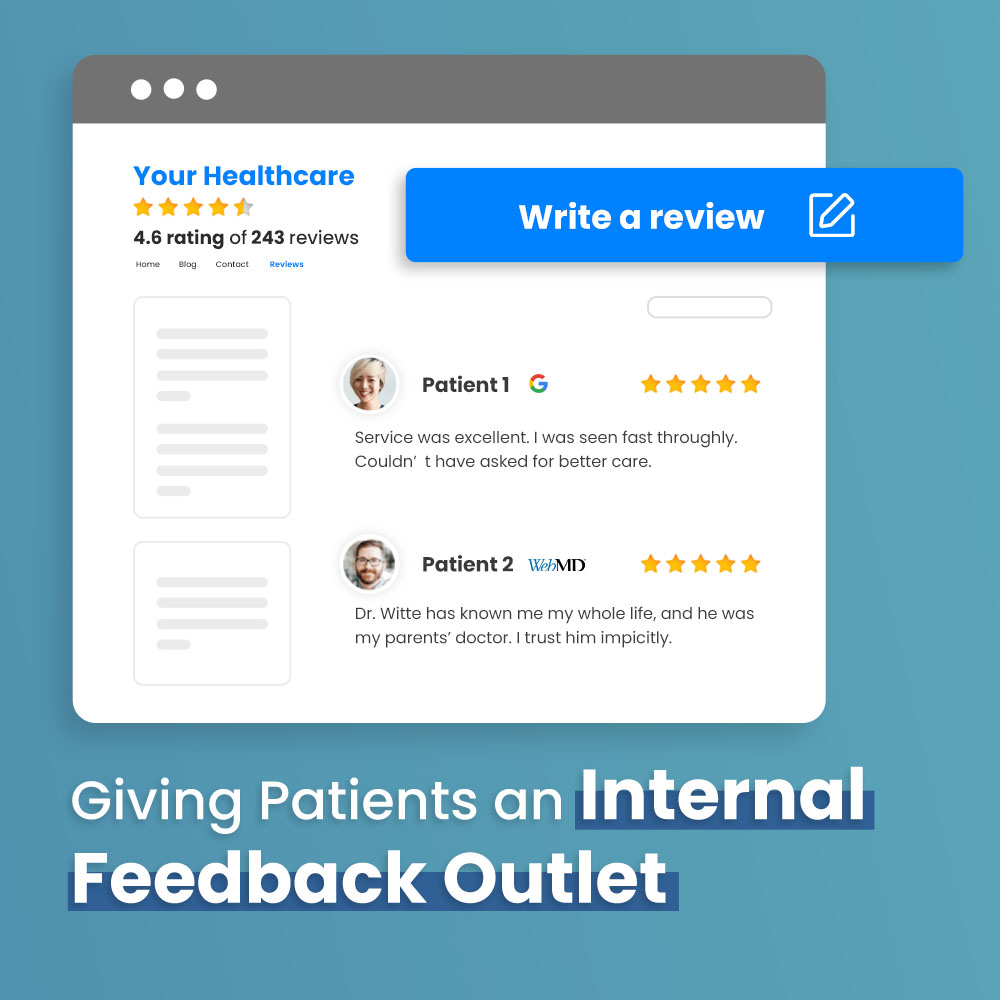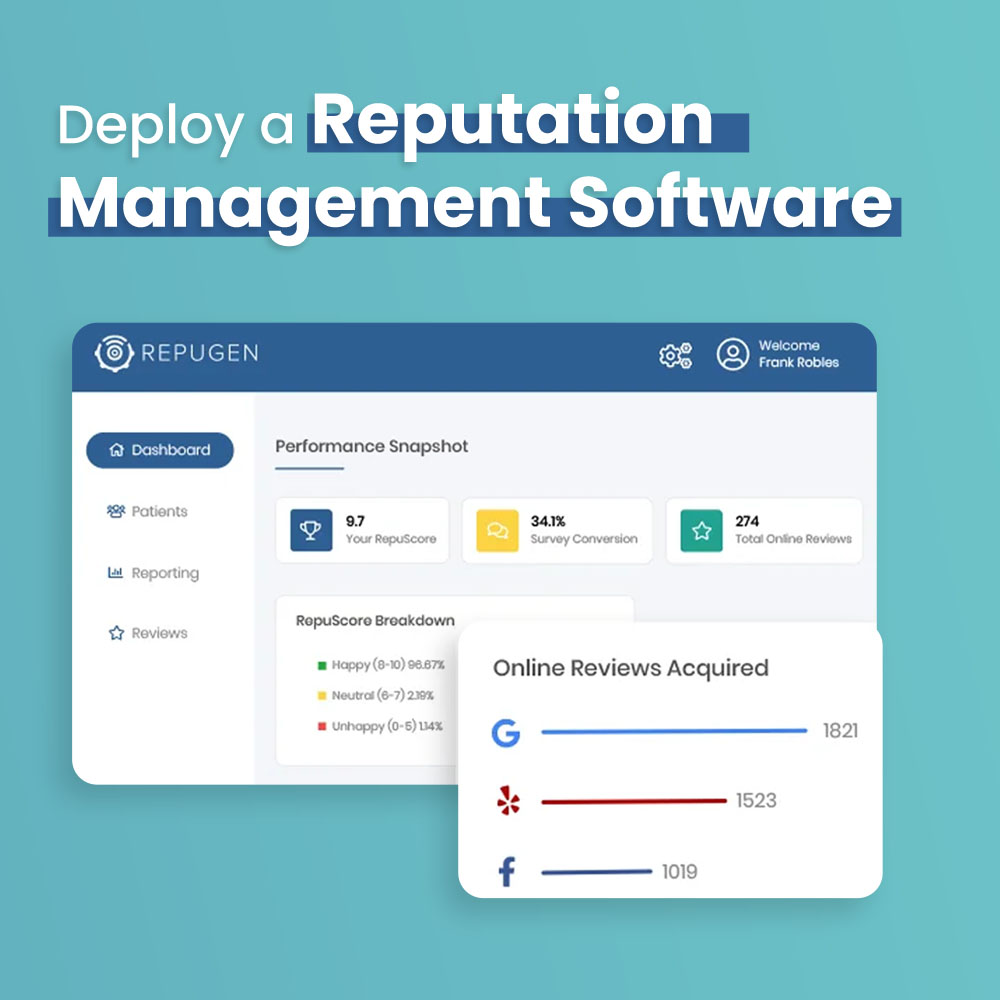
Organizations or individuals have to perform good deeds, be good, and look good – basically to gather a good reputation. Goodness improves public perception and enhances the positive image of the company. Today every brand, company, and professional is evaluated and perceived on the basis of their reputation on online channels, social networks, and review platforms. Amidst the extremely competitive landscape, it is critical to managing reputation effectively for healthcare practitioners too. Doctors, physicians, and other medical practitioners should adopt the best practices and techniques to handle the issues pertaining to reputation management.
In this regard, reputation management software can be a trusted partner to facilitate the online reputation-building process and to gauge, monitor, and elevate reputation levels. Also, there are proven techniques that doctors can use to manage their reputation and personal brand efficiently. But before we go into those techniques, let us discuss the challenges doctors face in building and managing their personal brand.
Doctors are busy professionals. Lack of time to respond makes doctors more vulnerable to online slanders.
As unhappy patients tend to be more vocal when leaving an online review, many healthcare practices’ online reputation does not accurately reflect their quality care or true patient satisfaction. On one hand, negative reviews can actually help healthcare providers since it will show their prospective patients that they are a real business. However, more negative reviews about a physician, clinic, or hospital will confirm their bias and will have a negative impact.
Miscommunication between doctors, patients, or patient's relatives can cause issues, and often doctors don't have a direct way of keeping everything documented.
A few years back, the common perception about online reputation management was that it is a matter of concern for only large organizations. However, no business or professional, however big or small, can afford to ignore how customers perceive them on online channels. Online reputation has the power to either acquire prospective patients or lose them.
With 81% of people reading reviews about healthcare providers even after being referred, no healthcare professional can afford a bad online reputation. Online reputation management is critical to ensure that accurate information about you appears on the search engines when people search for doctors online.
Below is the list of top five techniques that doctors can use to build a formidable online reputation strategically:

In the age of information, every professional is subject to scrutiny and feedback. If doctors are able to devise a strategy by which they can get positive reviews that outnumber the negative ones, then the impact of negative reviews can be minimized considerably. Also, the doctors should create a mechanism for responding professionally and emphatically to all negative reviews. If addressed properly, many negative reviewers can be requested to edit/delete their reviews.

Review websites and social media pages are often the destinations of unhappy customers to vent their anger. Doctors have to deal with them as soon as possible before more people see it. Doctors can create Google alerts for their name/clinic name. Every time they are mentioned anywhere on the internet, Google alerts to notify them via email.

You can create an outlet to provide review/feedback to your customers such as a feedback page on your website. As, unlike review platforms, your website is your owned property, you have full control for moderation. Secondly, it reduces the chances of angry patients going to social media or review platforms to register their grievances. While searching online for Doctors' names, Google is more likely to show their websites as the top result.

Extensive online presence and visibility help in building awareness and brand repute. People have a tendency to trust endorsements by third-party (an extended version of the social proof phenomenon). You can create your profiles on medical forums and list yourself on all relevant directories in the medical field. Relevant directories have higher chances of ranking on SERPs. These directories and forums have credential checking and review verification mechanisms that make profiles on them highly credible. You can also go for Google business listing for local searches.

Reputation management software is a next-generation application tool that acts like a personal PR campaigner for professionals and brands. Doctors can deploy the software to monitor their reputation metrics, find opportunities for reputation building, bury negative reviews, enhance online presence, and deal with any reputation crisis issues. An all-in-one healthcare reputation management software has features such as:
For more effective engagement and lead capturing, doctors can also use a healthcare crm software that integrates with all web properties and social channels to record patient information. Healthcare CRM is a reliable tool for customer engagement, support, and patient information management.
Your Brand name is only as good as your reputation. -Richard Branson- (Virgin Group)
In the age of communication technologies, social media, and the digital flow of information, a positive online reputation is indispensable to achieve sustainable growth. The effect of online reputation on a patient's final decision of selecting the doctor is enormous. Reputation management software or reputation management agencies have the expertise to consistently and strategically build your online reputation, handle serious reputation-damaging incidents, and even counter reputational loss caused due to lawsuits. It is highly recommendable for doctors and healthcare providers to deploy a healthcare reputation management tool to build and manage their online reputation.
0 Comment
Your email address will not be published. Required fields are marked *